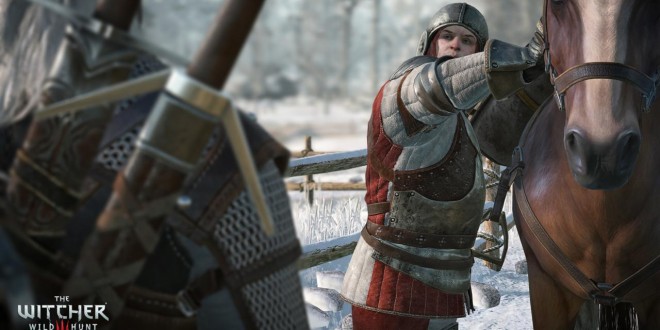Delays of your most anticipated games can often be frustrating. A game that you’ve been waiting months, even up to a year for, has been delayed and now you are forced to wait even longer for it to release. Frustration is the natural reaction to disappointment; however, it is important to understand why it is that games get delayed in the first place. Making a video game is a complex act. It requires years of work to pull off, and not every game is going to do well regardless of how polished it may be. Video game development takes place on a very strict schedule, which is usually drafted by the company’s producer during the pre-production phase of game development. This schedule includes a task list, start and finish dates, and milestones that the game must meet in order to be released on time. While the schedule does allow for some flexibility in terms of completing tasks, it is impossible to plan for each and every setback that a project may face. These setbacks often leave a company at an important milestone date without the required criteria to meet the milestone. Delays occur when development is set back, be it by feature creep (addition of features during the production phase of gaming), slippage (the slowing down of development after a period of steady work), or employee illnesses or replacements. Unfortunately, these situations are impossible to predict, but it is the responsibility of the producer to make sure his or her game is on track and is meeting milestones as the game approaches launch.
Now, delays are not always a terrible thing. Let’s take a game such as The Witcher 3, which had been delayed initially into February of this year, and then delayed again until May 19th of this year. Personally, I saw many complaints and major amounts of frustration and criticism being thrown in CD Projekt’s direction, which I found to be unfortunate. When you take a look at The Witcher 3 or read anything about it, you can clearly see that what they are going for is an extremely ambitious open world filled with content to make it feel alive. Delays are avoided at all costs by developers, so if a game is in fact delayed, then there is a solid reason for it. The Witcher 3 can only stand to benefit from having some extra time to be polished and improved upon, as can any other game that suffers an unfortunate delay. As a fan of The Witcher series, I could not be happier that CD Projekt decided to delay the game. In this age of buggy, unplayable releases and broken promises by developers, I cannot help but worry that even the most fantastic companies such as CD Projekt would fall victim to the crunch and push out an inferior product. While I cannot wait to play it, The Witcher 3 will only be a better game because of the delay, and I am perfectly fine with that.
On the other hand, we can take a look at the negative side of delays. The most awful, disgusting thing to come from delays is the developers being forced to go into crunch and work ridiculous amounts of hours to get the product done as soon as they can. Delays often mean that you will have developers working twelve to sixteen hour days trying to complete a project. While this may sound like a good way to get extra work done, anyone who has ever stayed up all night working on a project can understand that the longer you work, the lower the quality of the work that you are doing becomes. This spells bad news for games because it creates bugs and poor gameplay. Not to mention the effects that crunch has on the lives of the developers. As you can see, delaying games can be positive, but only if the companies are willing to treat it as a time to polish a game, instead of a time to crunch to get in the last few features before release.
I feel that the frustration from the community when a game is delayed often stems from the fact that many people have pre-ordered the game. This means that they have spent their money on a product that was supposed to release on a certain date, and is now pushed back. While this is an extremely good argument for why delays are very frustrating, it is also an issue with a simple solution: don’t pre-order the game. I’ve personally seen people pre-purchase games that will not release for six months or longer. What is the logic behind that action? In today’s age of digital distribution and with the popularity of gaming as a whole, there will most likely not be a problem finding a copy of a game on day one, especially with a popular series such as Call of Duty or NBA 2k. If you do not pre-purchase a product, and put your money into something that is not a sure thing, then you will experience a far smaller amount of frustration than those who have done so. Delays are a part of gaming culture. The sooner that we can come to terms with them and understand why they happen, and recognize the good and bad, the sooner that we can begin to see more developers taking time to finish their games instead of releasing buggy, unfinished nonsense.
 Load the Game Video Games, Reviews, Game News, Game Reviews & Game Video Trailers
Load the Game Video Games, Reviews, Game News, Game Reviews & Game Video Trailers



